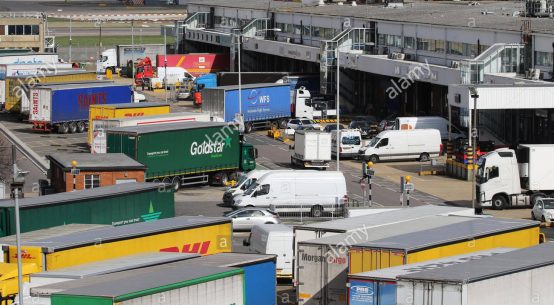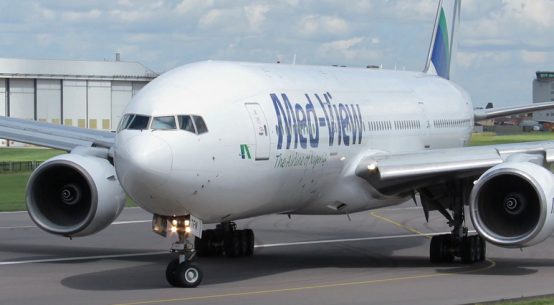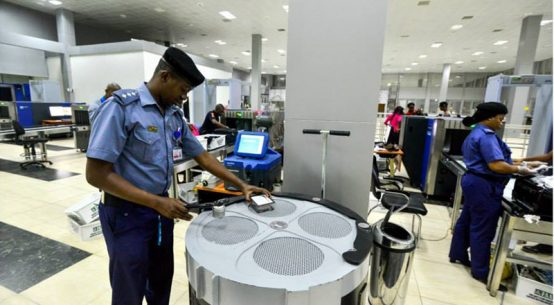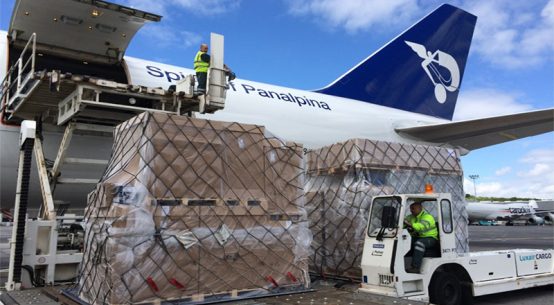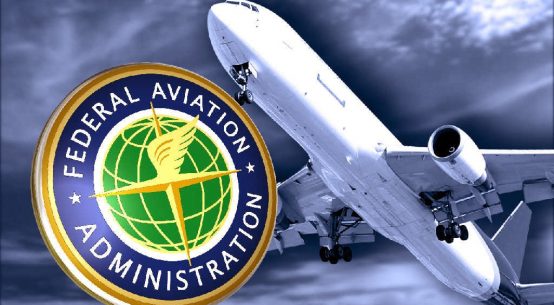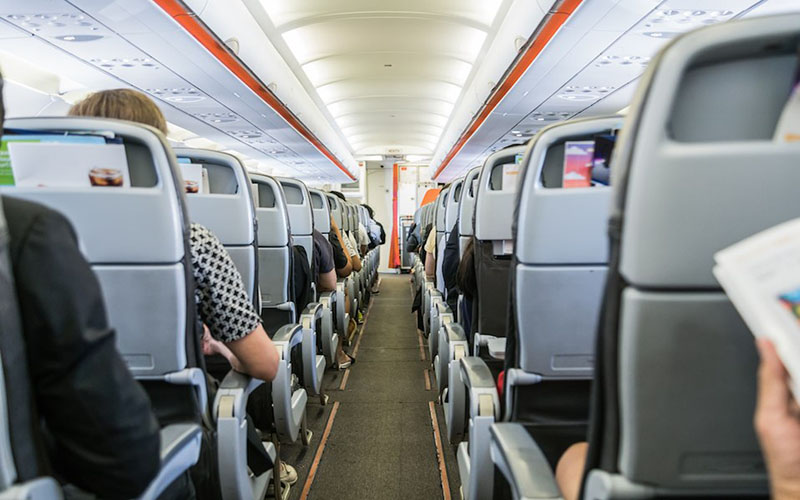
Airplane with passengers on seats waiting to take off | Listen closely and you might hear some of these. | AwaylGl/iStock/Getty Images
If you’ve ever flown on a plane before, chances are you’ve noticed that pilots and flight crew speak to each other a little differently than they do on the ground. There’s a very good reason for this.
Amanda Pleva, flight attendant and author of the Crewed Talk column on Flyertalk.com, says: “Codes are used by crew in order to maintain calm and order in the cabin. We’re specially trained in emergency situations and panic can cause us to lose control of a situation and end up in injury or death.”
Imagine if everyone on the flight knew of a potentially dangerous situation. Even a minor incident could passengers to freak out for no good reason. Basically, it’s better if you don’t know.
But in case you’re curious about what all that codespeak actually means, we’ve rounded up some of the most common phrases flight crews use to communicate information to one another. Just don’t tell your seatmate what it really means, OK?
1. 7500
You never want to hear this code come over the intercom. It means that the plane has been hijacked, or that hijacking is imminent.
Next: Stay on high alert for this next code word.
2. Code Adam
This is one you’re just as likely to hear on planes as you are in stores or other public venues. Code Adam, which references an incident where a 6-year-old was abducted from a department store in 1981, means that there’s a missing child.
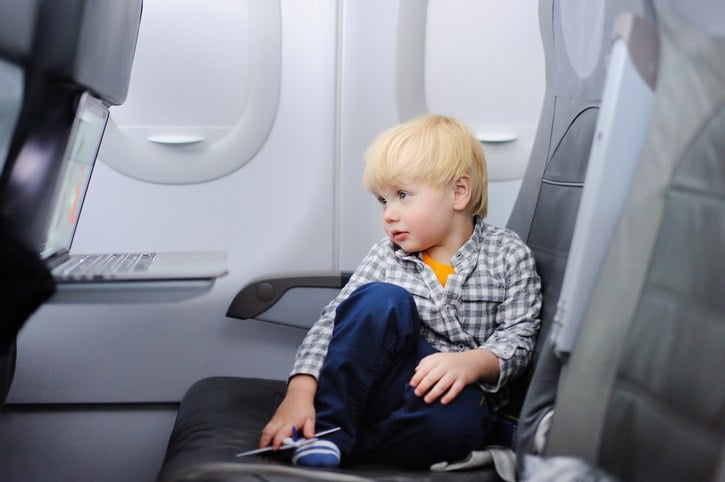
Next: The next code is just a diversion.
3. Code Bravo
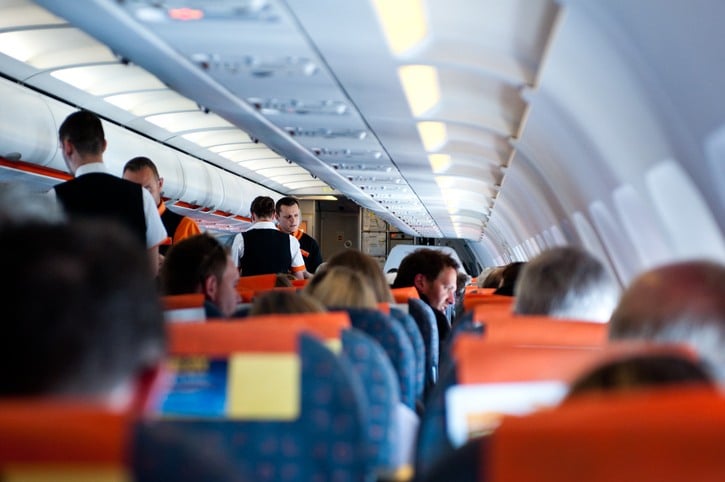
While codes are usually used to avoid causing panic, Code Bravo does the exact opposite. The flight crew uses this phrase to distract passengers from the actual danger so that they can take care of a situation without interference.
Next: It may be juice, but that doesn’t mean you should drink it.
4. Blue juice
Nope, it’s not Gatorade. Blue juice refers to the toilet water on the plane.
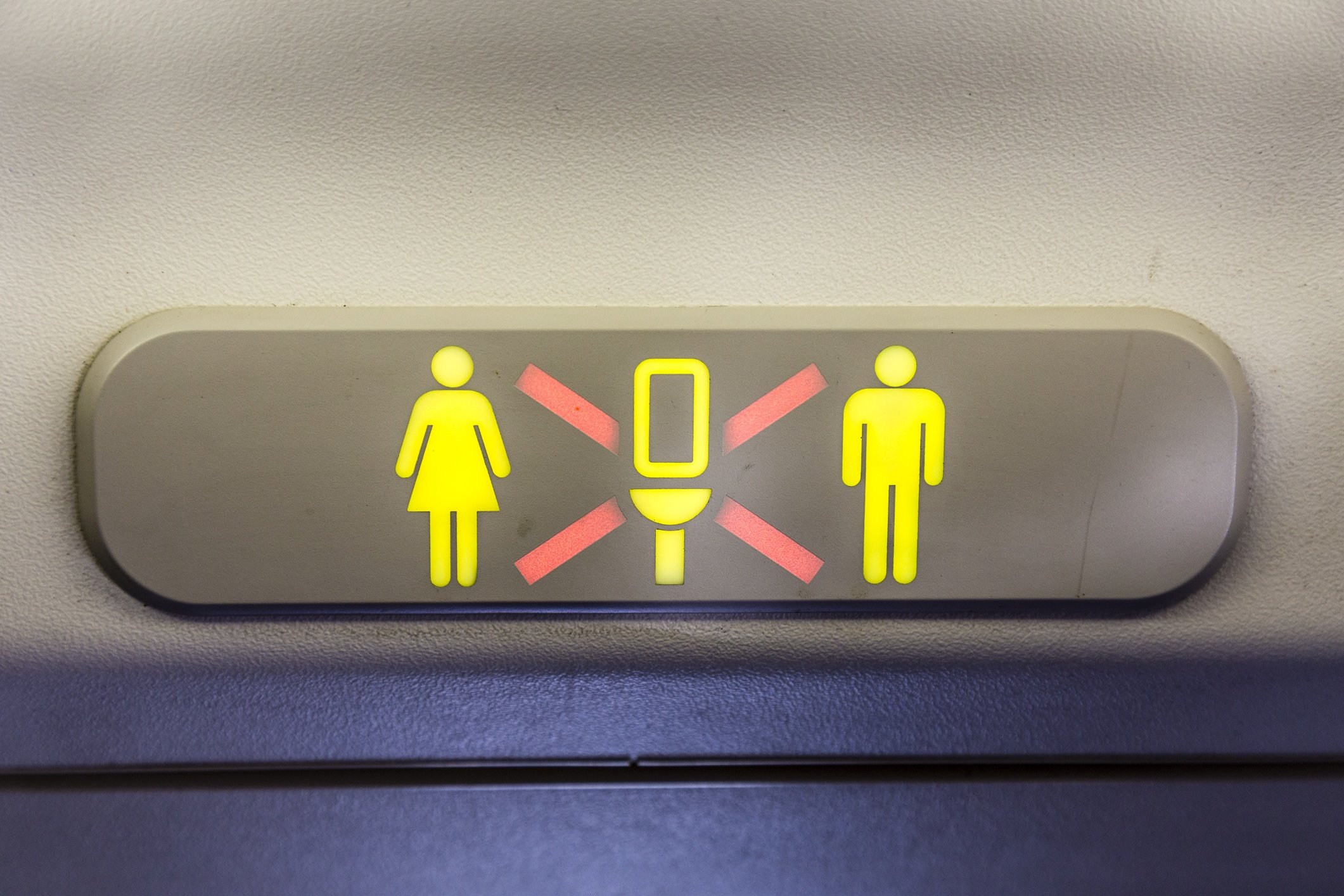
Next: This one’s for napping.
5. Slam-click
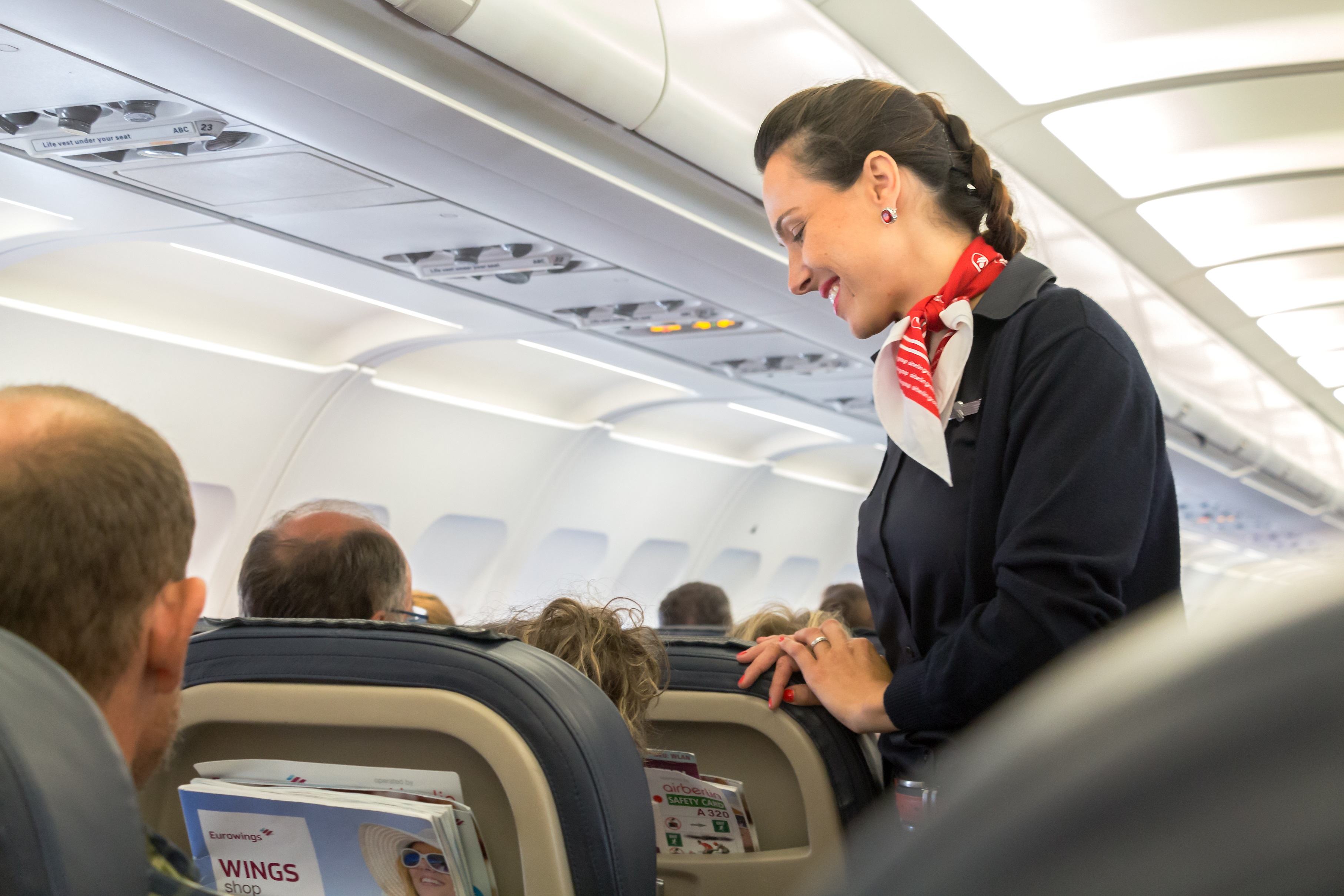
This refers to when a crew member goes to a hotel to rest between shifts. So your flight attendant might say to her colleague, “I’m so tired, I’m going to slam-click.”
Next: It’s literally waiting in line … for a plane.
6. The sin bin
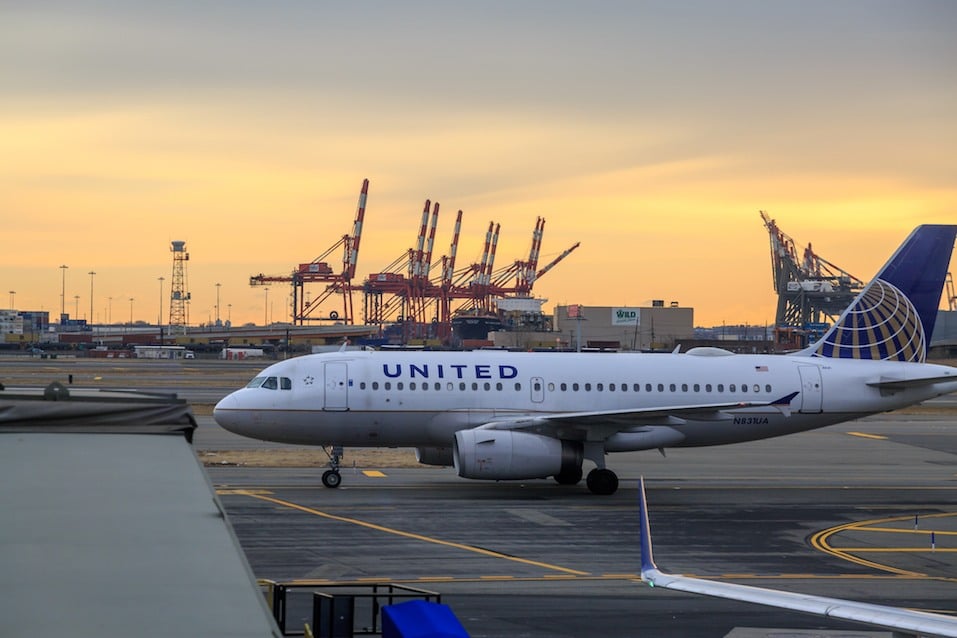
Las Vegas? Not exactly.
The sin bin is an area where a plane waits for takeoff when the runway is too crowded.
Next: Prepare for a delay when you hear this phrase.
7. Last-minute paperwork

Anytime you hear the pilot talking about paperwork, you should go ahead and get comfortable. This means that there’s a change in the flight plan, an issue with the weight-and-balance record, or that the maintenance staff needs to adjust the plane’s logbook. No matter what the concern, it’s unlikely that you’ll get to take off on time.
Next: Don’t be rude, or you’ll suffer this form of retribution.
8. Cropdusting
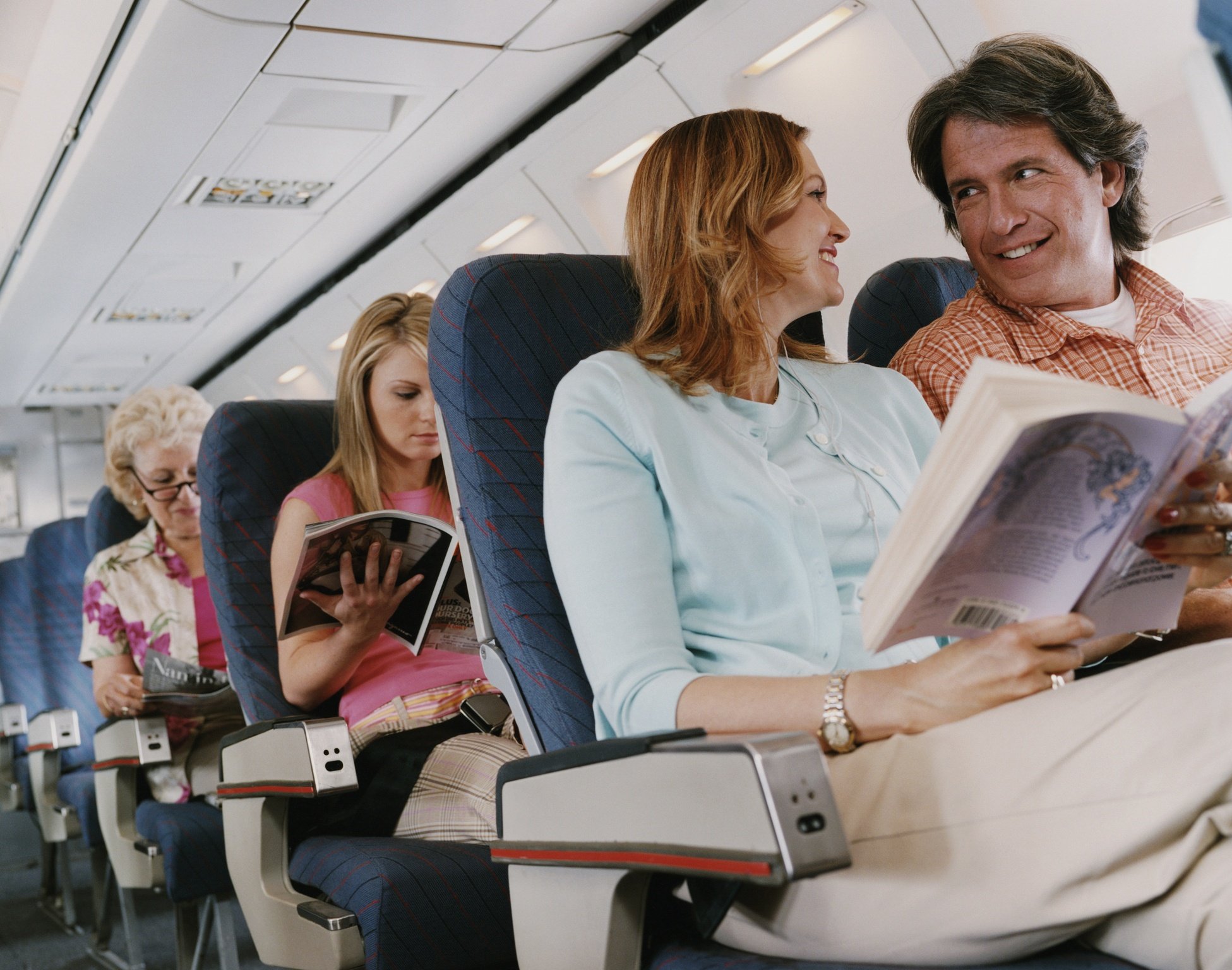
This means exactly what you think it means.
Next: Missing this procedure could prove disastrous.
9. Crosscheck
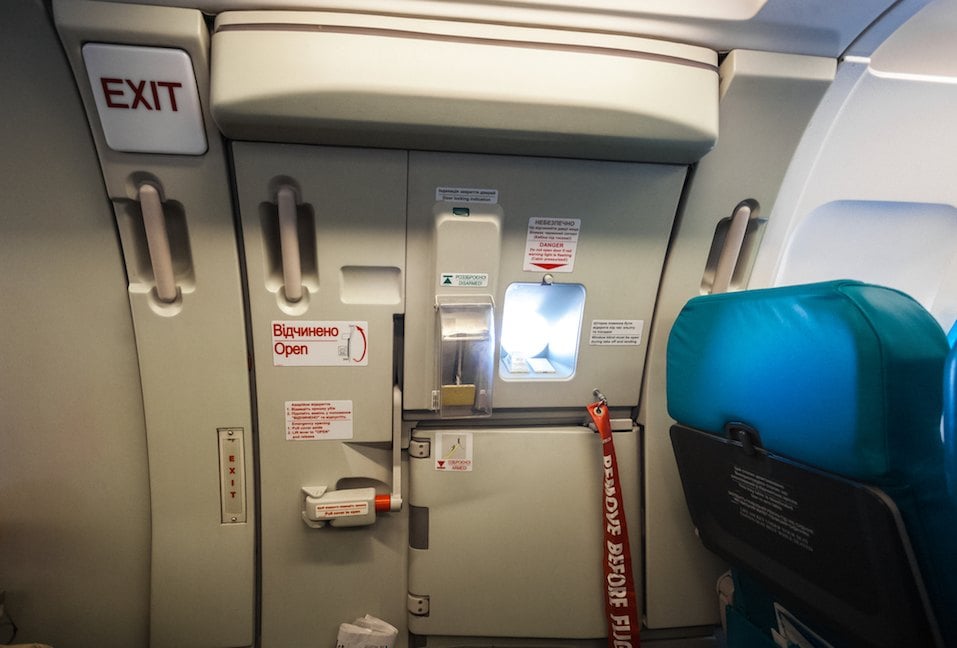
A senior cabin crew member says this to indicate that the emergency slides which are attached to each door have been deactivated. Skipping this step would make the slides deploy as soon as the door was opened.
Next: This is a flight attendant’s conference call.
10. All-call
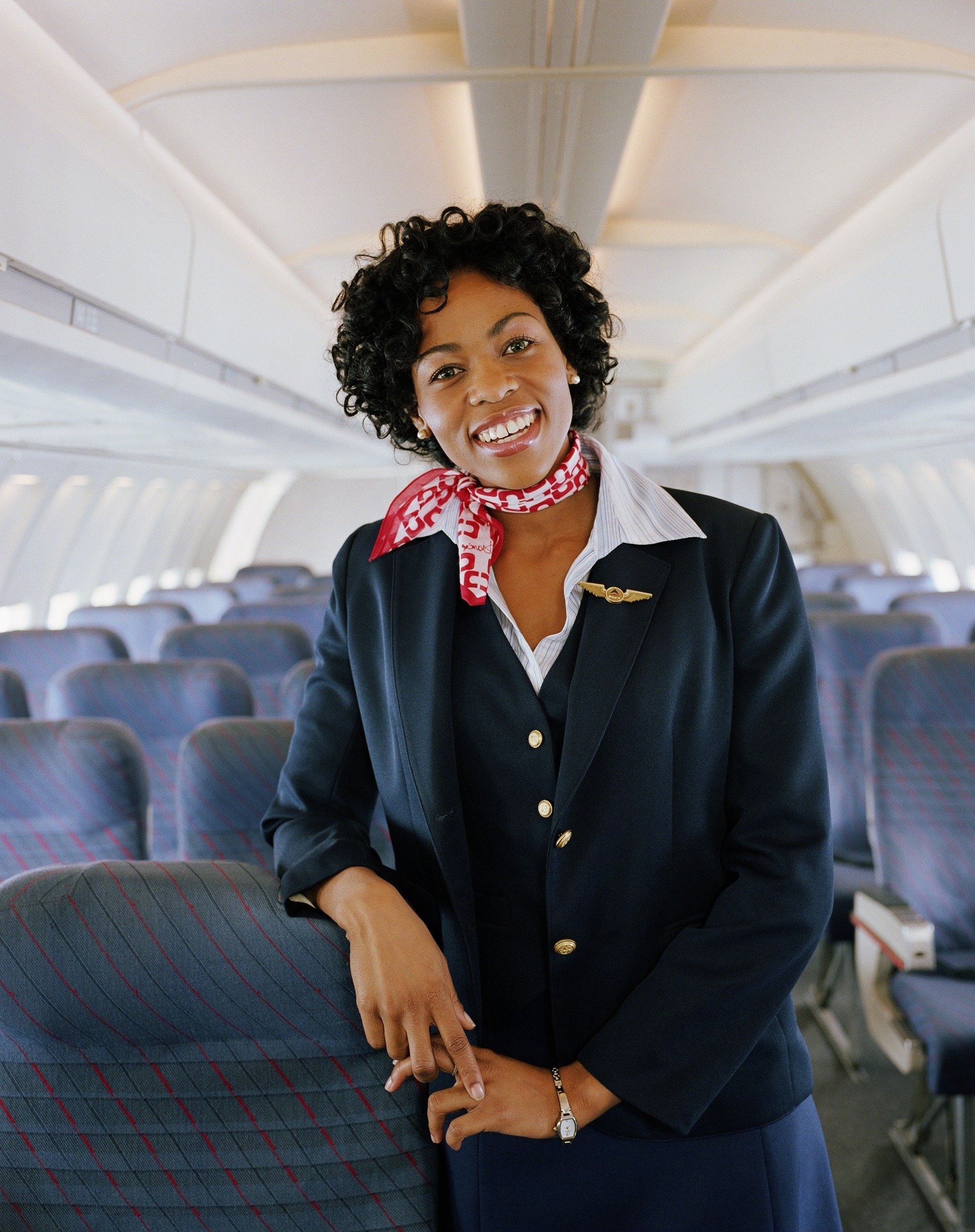
Pilot Patrick Smith says this is part of the door arming or disarming procedure. “This is a request that each flight attendant report via intercom from his or her station — a sort of flight attendant conference call,” he writes on his website.
Next: When you hear this, it means there’s too much traffic.
11. Ground stop
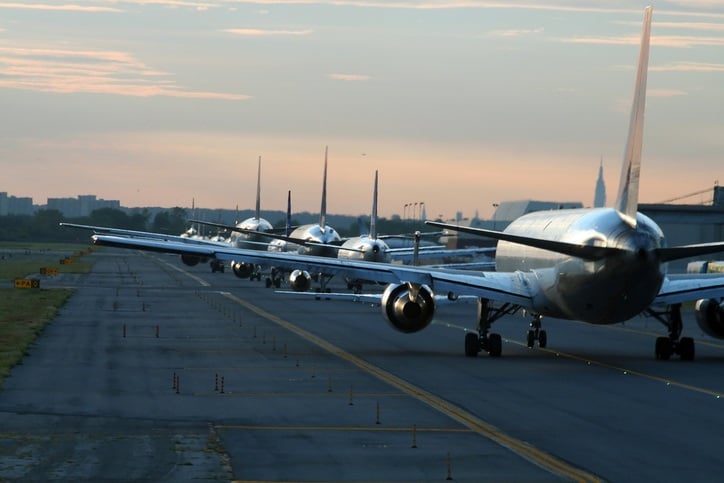
This is when air traffic is so extensive that departures to certain destinations are delayed by air traffic controllers.
Next: This is what pilots call the plane.
12. Equipment
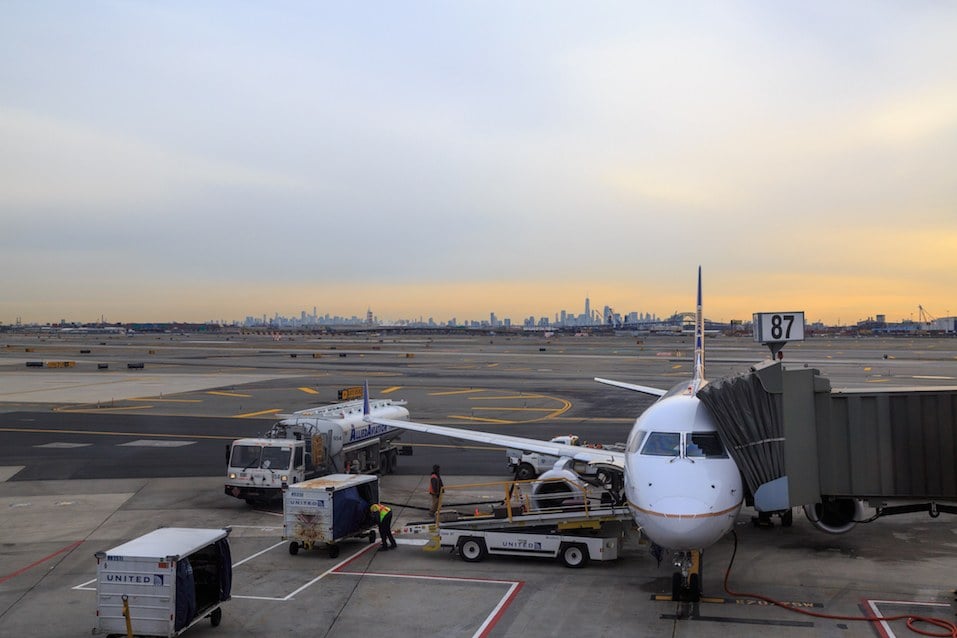
This literally means the plane. Smith wonders on his blog: “Is there not something strange about the refusal to call the focal object of the entire industry by its real name?”
Next: A word for flight attendants who aren’t on the clock.
13. Deadhead

No, it’s not a flight attendant who loves listening to the Grateful Dead.
A deadhead is a pilot or flight attendant who’s traveling on the plane but isn’t working the flight.
Next: This word means it’s going to get bumpy.
14. Air pocket
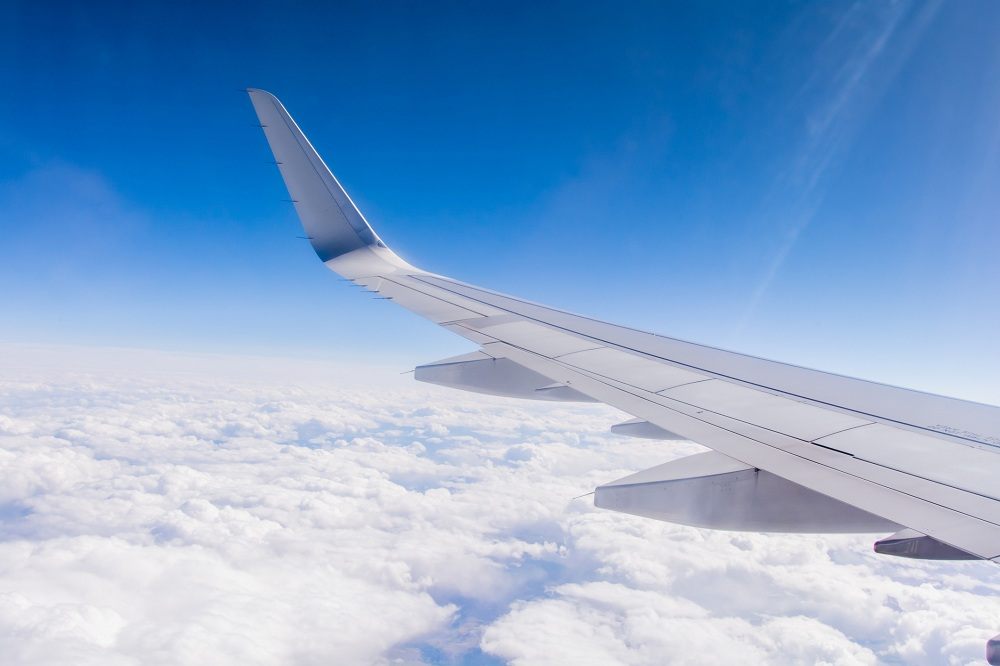
This is a nicer way of referring to turbulence. So if you hear talk of brief “air pockets,” hold onto your drink and get ready for a bit of a bumpy ride.
Next: You’ll sometimes hear this on your way to Europe.
15. Tracks
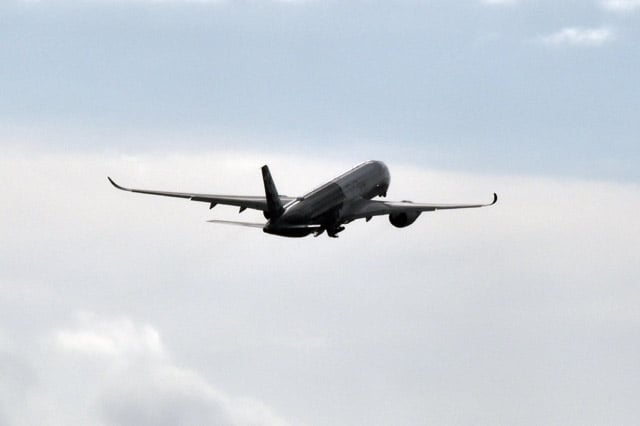
These are the very popular routes between Europe and North America.
,




